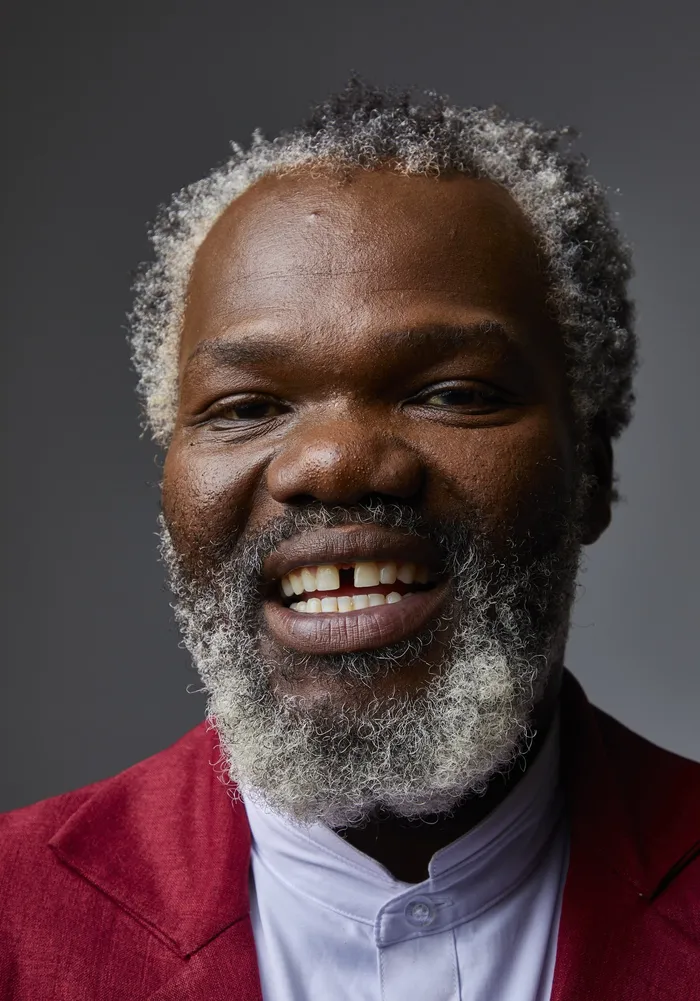'Lobola is a scam!' Heritage enthusiast Mbuso Khoza slams use of 'bride money'

Heritage enthusiast Mbuso Khoza claims that the practice of Lobola is a scam in these modern times.
Image: X
Heritage enthusiast Mbuso Khoza has slammed the modern day practice of ilobolo, describing it as a scam invented by Sir Theophilus Shepstone, a British South African colonial administrator, as a way of buying one another.
However, many historians attribute the practice to as far back as 300BC, long before any Europeans set foot on African soil. It would appear Khoza was referring to the 11 cows used in the lobola process as the invention of Shepstone.
Professor Velaphi Mkhize, writing in the Umsamo Institute website, said Shepstone, who codified Zulu laws and customs, "deliberately distorted an otherwise noble practice as part of a bigger and nefarious agenda of depleting the cattle herds of Zulu men who otherwise saw no need to pay various demeaning taxes".
Khoza, who is a revered singer, cultural practitioner and theatre producer, was born in Eshowe and has worked with local celebs such as Black Coffee to produce distinct African music. He was also instrumental behind the scenes in the production of Mzansi Magic’s Shaka: Ilembe series.
In an interview with Newzroom Afrika, Khoza, who was speaking to commemorate 146 years of the Battle of Isandlwana, explained that people nowadays focussed more on the transactional aspect of lobola than bringing families together.
“iLobolo is the one that is tearing us down. There are people who can’t get married because of how expensive this iLobolo is.
“The transactional aspect of iLobolo has taken a toll more than us coming together as a family and shaping the society,” the 46-year-old Khoza said.
“For me it’s a scam. There is no price for a human being. The main purpose for people to come together in marriage is for the purpose of shaping the society.
“Today we are using money to buy one another in the name of iLobolo and it is in fact a contradiction to how emotions and how people chemically get to connect,” he said.
Professor Mkhize, writing in 2011, agreed with Khoza, citing that the process of iLobolo was a problem in its modern guise.
“Lobolo is a problem in our era because we do not have people who have a clear know how of what it is, and why was it or is it still being practiced. Lobolo has more value that just a mere practice. We must always put it into a context whenever we talk about lobolo, and not just discuss it in isolation,” he wrote.
Mkhize said the process was being essentially confused and commodified.
“Today we are confusing ilobolo, which are cattle and izibizo which is just goods –, and something else. It is these izibizo where people start doing their gambling, which is conducted very badly.
“Customarily Zulus consider marriage as an opportunity through which new bonds are formed between two families in the main, that of the bride and the bridegroom. The process of ukulobola, to pay the bride price in brief, is a critical stage in which the symbolic and material gestures of the coming together of these two families is realised.
“Often, a great deal of pomp, ceremony and robust negotiations accompany this custom. Although historically the lobolo ritual predates colonialism, ‘the Europeans who codified Zulu law and the missionaries, regarded lobolo as being in the nature of a business transaction in which a fixed price had to be arrived at', so argues social anthropologist Absalom Vilakazi in his celebrated book on aspects of Zulu culture and traditions, Zulu Transformations,” said Mkhize.
Khoza said that instead of viewing lobola in the sense of buying one another, we should instead view it as a gesture of humanity.
He claimed that the Zulu culture has not evolved, since Zulu people still follow the practices taught by Shepstone.
Lobola is a significant cultural practice in South Africa where a man and his family offer cattle in exchange for a woman's hand in marriage. However, this is not regarded as a purchase, instead it symbolises the union between the families of the bride and groom.
The practice of iLobolo is followed in different shapes and forms, and sometimes in different names, across different ethnic groups and cultures, such as the Xhosa, Pedi, Sotho, Tswana, Venda, Tsonga and Ndebele people.
Do you agree with Mbuso Khoza. Is lobola a scam?
IOL